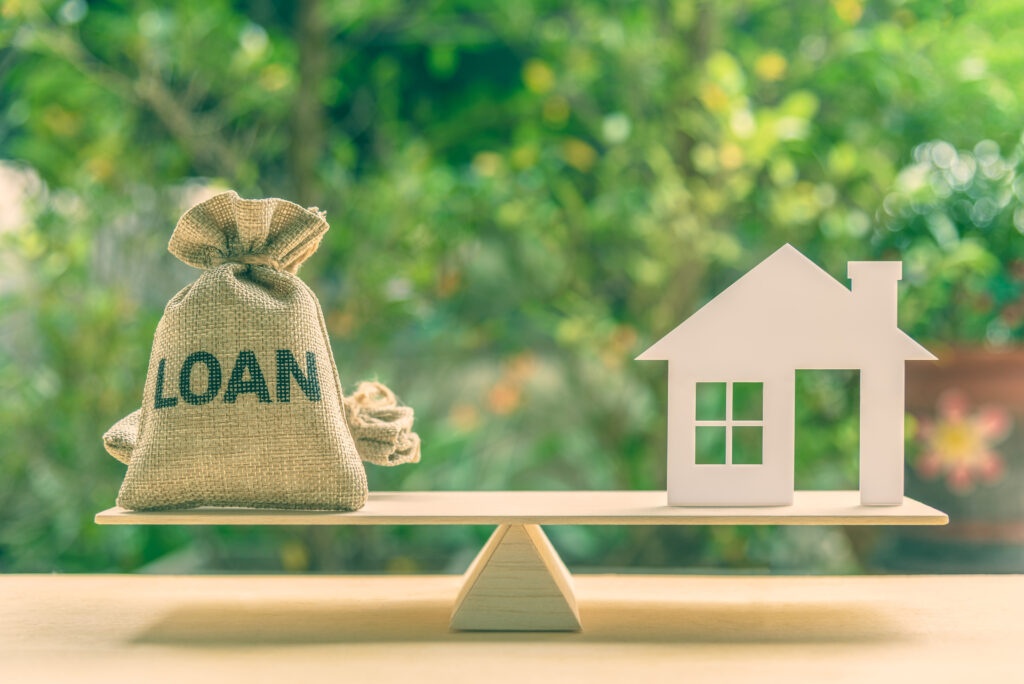Buying a home is a complex and often stressful affair. There is so much jargon, so many legalities and so many different people involved that it can all become a bit of a blur. Little wonder then, according to Top Removals, residents in the UK will move on average just 8 times in our lifetimes. When it does come time for homeowners to move, one of the most often asked questions for second time and more experienced buyers is: “Can I use the equity in my home as a deposit?”. The short answer is yes. When you have owned your own home for any length of time you are likely to have built up equity in your home. As long as the equity is in the positive, then yes you can use that equity as a deposit on another property.

What Is Equity?
Equity is term that refers to the current market value of your home minus what is owed on a mortgage loan or Help to Buy Scheme or any other charge on your property. In other words, it is the part of the market value of the property that you own. Let’s look an example of this: if your home has a market value of £330,000 and you have £200,000 left to repay on your mortgage, then the remainder, the £130,000 is your equity. However, this is referred to as unsecured equity because at this point, until the property is sold and the final sales price known, it is a theoretical value. Just because you have a valuation for your home, doesn’t mean you will achieve that price during a sale.
Once your home has been sold, supposing you receive the full asking price of £330,000 then you have £130,000 equity that can be used as a deposit. If you accept a lower offer and sell for less then of course your profit, your equity will be lower. You don’t, however, have to sell your home to be able to use your positive equity as a deposit. A good example of this is if you wanted to buy a second home or a buy to let property, the equity you have built up in your home can be used as a deposit for another property.
Negative Equity
Because the property market fluctuates there are occasions when a property might be in negative equity. You might have bought your home during a property boom where prices were rather high and since then the market value of your property might have dropped to below the mortgage loan amount. This difference is known as negative equity, as you owe more on the mortgage than the current market value. If you are in this situation things are not as bleak as you might think, property markets do recover from dips and of course the more you pay your mortgage, the less the mortgage balance becomes.
How Do I Calculate The Current Market Value Of My Home?
We can help you with that! Visit our online valuation tool to get an instant idea of how much your home is currently valued at. When you have entered the basic details about your home, you will receive a minimum, average and maximum value for your property. Give it a go, you might be pleasantly surprised! Please bear in mind that this is an approximate valuation and shouldn’t be relied upon. You can arrange for a much more accurate and detailed valuation of your home when you book a Free Market Appraisal during which one of our local property experts will make an appointment with you and will visit you at home to view and assess the property, this valuation will include things like home improvements you have made and the general condition of your home giving you a much more accurate market value, from which you will be easily able to work out just how much equity you have.










